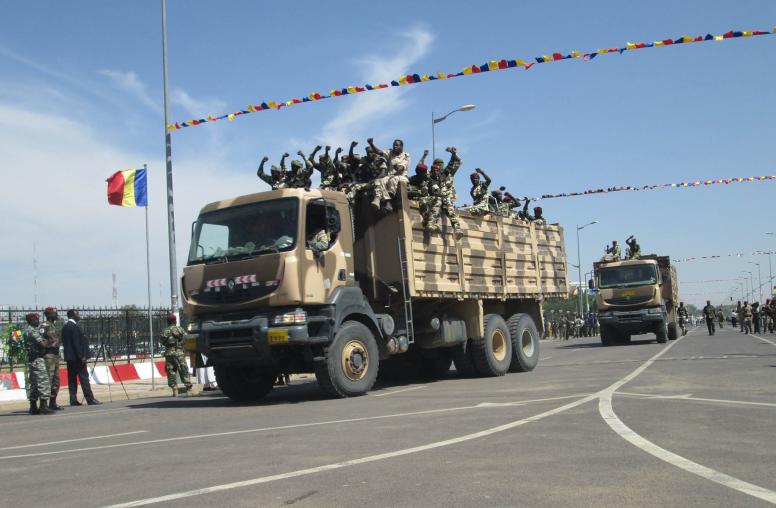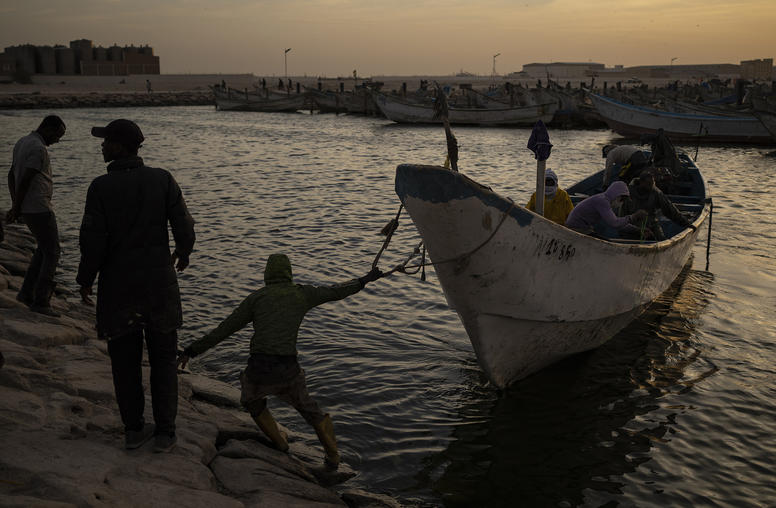Stabilizing Chad: Security, Governance and Development Challenges
This Peace Brief summarizes some of the achievements and challenges facing Chad’s democratization, peacebuilding, and development.


Summary
- On May 20, 2010, USIP and the International Peace Institute brought together some of Chad’s national, regional and international stakeholders to discuss Chad’s democratization, the regional security dynamics and the management of the oil sector.
- Electoral reform, as called for in Chad’s 2007 “August 13 Political Agreement,” has been poorly implemented, endangering the credibility of the upcoming February legislative elections.
- Improvements in regional security prompted the Chadian government to request the departure of the United Nations Mission in the Central African Republic and Chad (MINURCAT), which was charged with securing and providing humanitarian relief along the Chad-Central African Republic border. However, many question if Chadian forces can fill the security gap.
- Oil exports have significantly increased Chad’s budget, with most of these gains being invested in the military. The improved regional security provides an opportunity to invest in sectors such as education, health care, and development, which have been neglected.
About this Brief
This Peace Brief summarizes some of the achievements and challenges facing Chad’s democratization, peacebuilding, and development.



